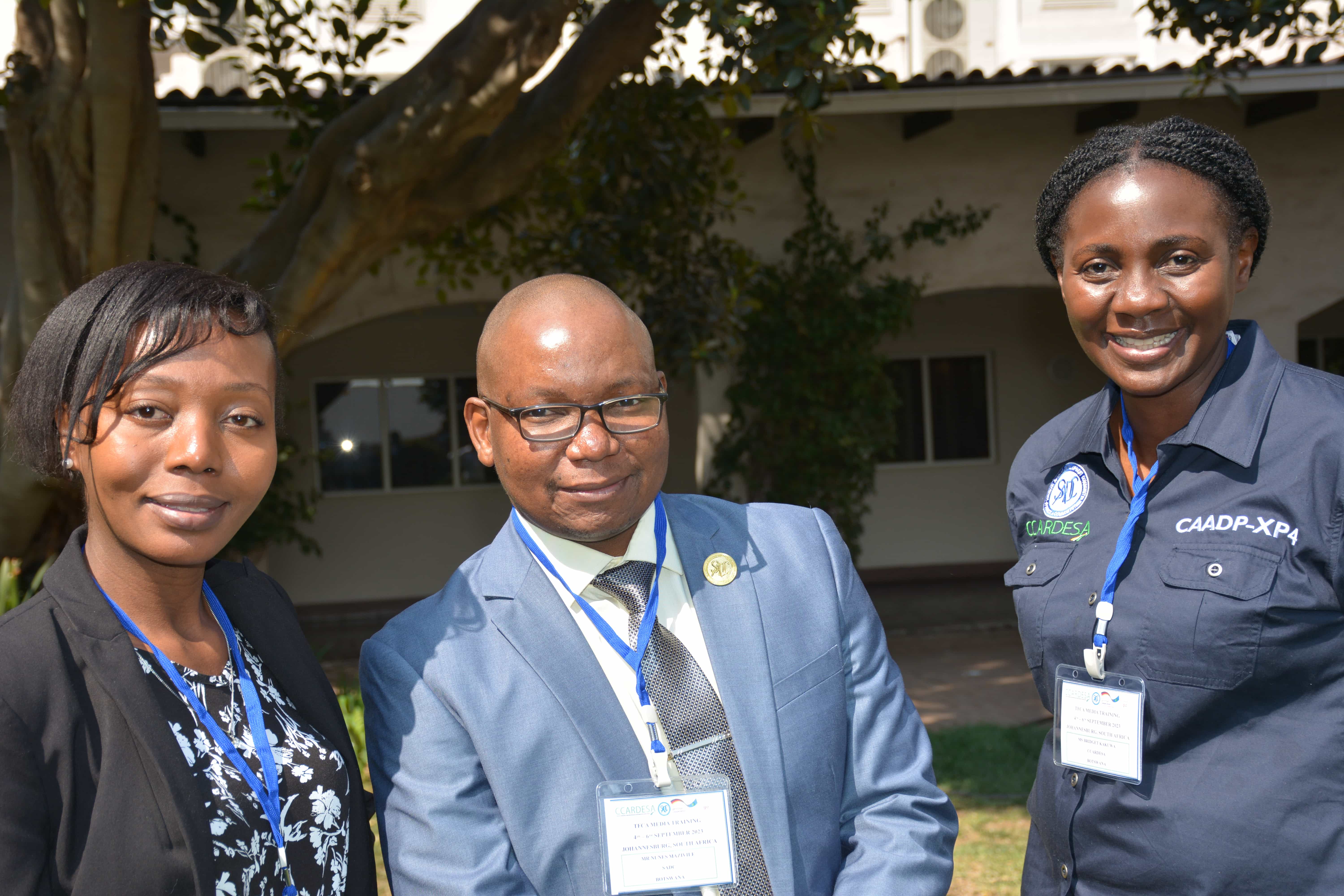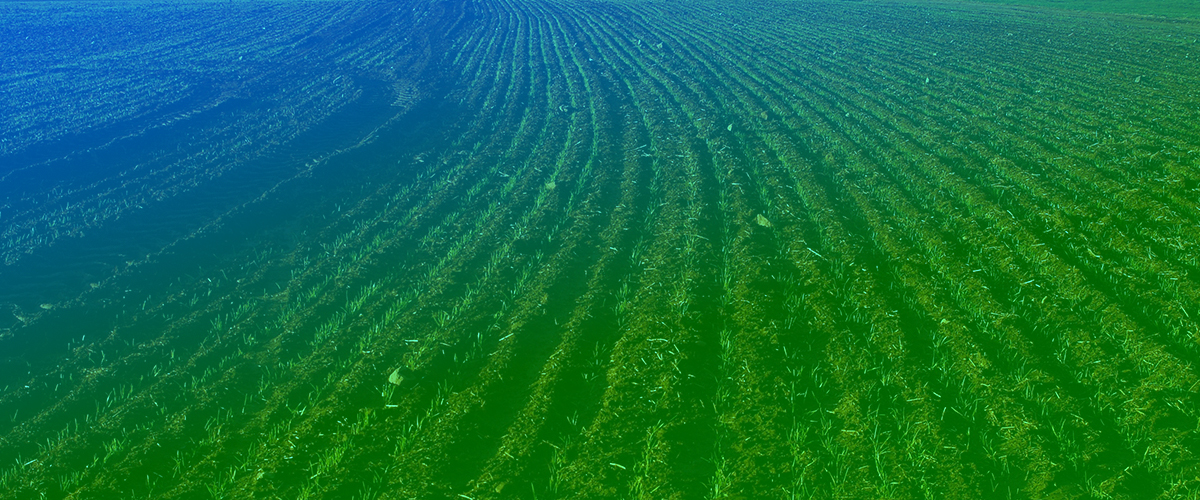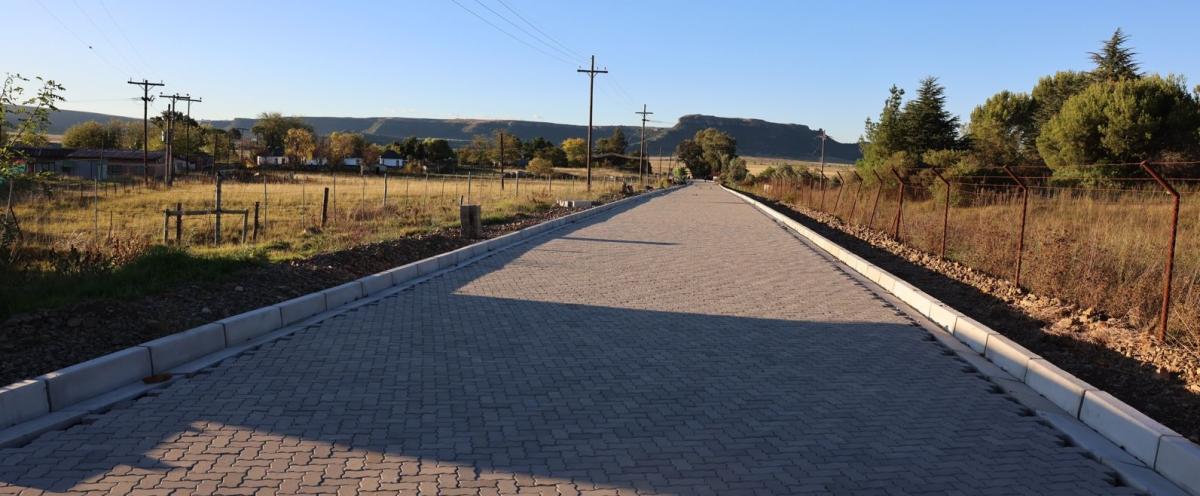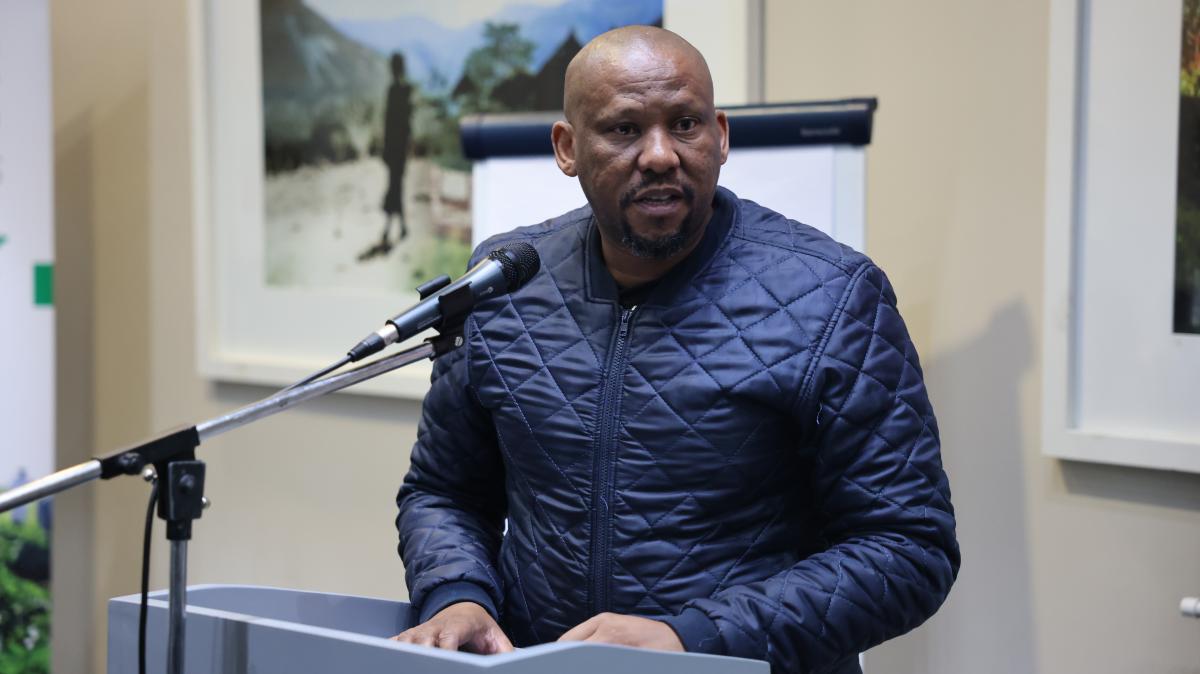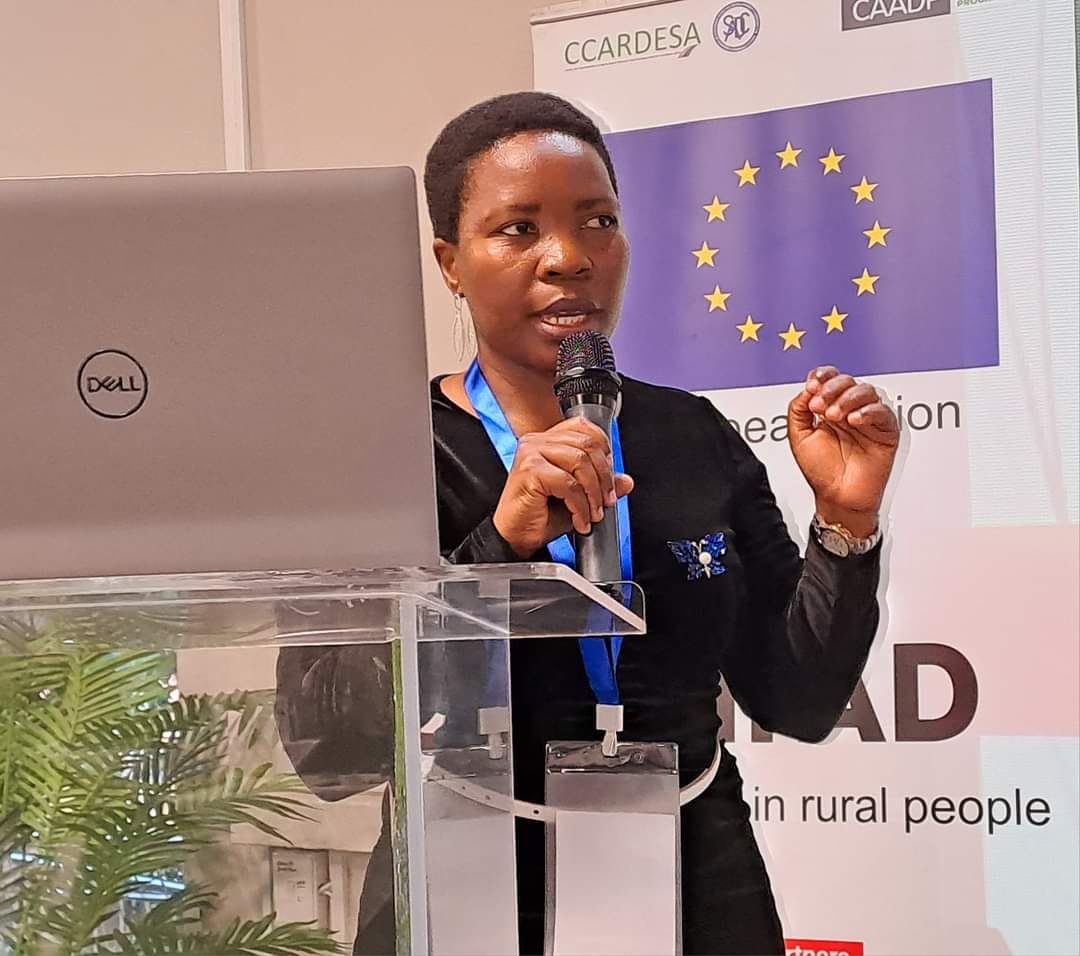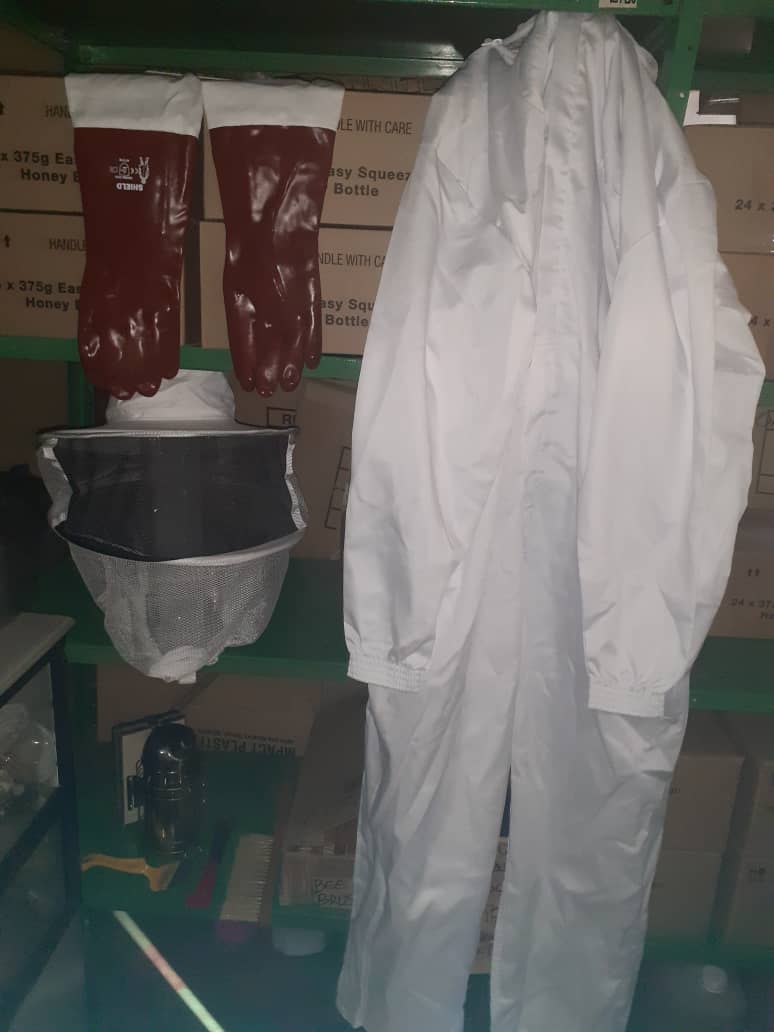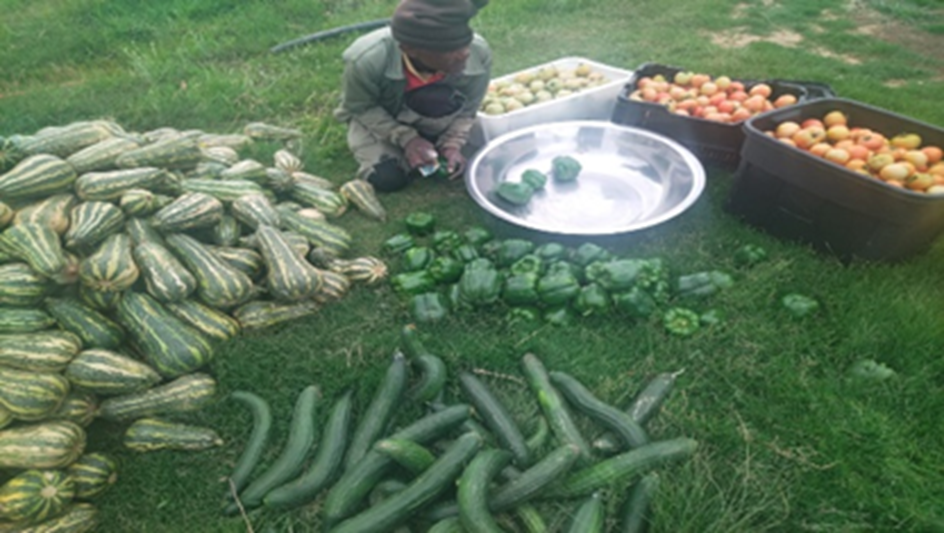Description/Abstract
Agricultural biodiversity (or agrobiodiversity) includes all components of biological diversity of relevance to food and agriculture, and all components of biological diversity that constitute the agricultural ecosystems. The main challenge for the agricultural sector is to simultaneously secure enough high-quality agricultural production for global food and nutrition security, conserve biodiversity and manage natural resources, as well as improve human health and wellbeing, especially for poor people in developing countries.
This sample of factsheets covers the following topics:
Factsheet 1: Understanding agrobiodiversity
Factsheet 2: Agrobiodiversity - plant genetic resources
Factsheet 3: Agrobiodiversity – animal genetic resources
Factsheet 4: International agreements on agrobiodiversity
Factsheet 5: Incentives for agrobiodiversity conservation
Factsheet 6: Adding value to agrobiodiversity
Factsheet 7: Agrobiodiversity for survival
Citation
Gesellschaft für internationale Zusammenarbeit (GIZ) GmbH. 2015. Agrobiodiversity – the key to food security, climate adaptation and resilience, Gesellschaft für internationale Zusammenarbeit (GIZ) GmbH, Bonn and Eschborn, Germany


